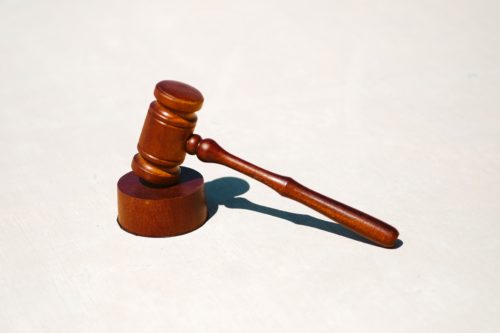
The term “white-collar ” was first coined to refer to “a person of respectability and high social status in the court of his occupation.” A “white-collar crime” was originally deemed a victimless crime due to the social status of those committing the crimes. However, today, you may face jail time and pricey fines for committing a crime such as this. Times have changed.
In most circumstances, a white-collar crime involves some sort of theft and does not involve violence. White-collar crimes are typically committed against someone who trusted this person. Though they do not involve violence, they still have serious consequences. If you have been charged with a white-collar crime, reach out to an experienced criminal defense attorney today to learn your options and discuss how you can fight those charges.
What are examples of white-collar crimes?
The following are the different types of white-collar crimes:
- Extortion: this crime involved blackmailing or threatening an individual with threats of being publically embarrassed or shamed if they do not give up their money
- Embezzlement: Embezzlement occurs when a trusted individual within a company underhandedly manages the funds or trusts the company trusted them with for their own financial gain
- Ponzi schemes: The act of promising investors a “too good to be true” result. This will result in investors’ money being stolen
- Corporate fraud: Companies falsifying information to save or make money
- Bankruptcy fraud: Lying to the bankruptcy court by withholding certain information or hiding information when filing for bankruptcy
How are white-collar crimes punished?
White-collar crimes are considered felonies in most cases. White-collar crimes are brought up as federal charges because they often involve government agencies. These agencies include the FBA and the IRS. Consequences for white-collar crimes include the following:
- Imprisonment
- Heavy fines
- Restitution
- Home detention
- Community confinement
- Supervised release
There are federal guidelines put into place to decide the varying degrees of punishment. This process includes six criminal history categories, four sentencing zones, and 43 offense levels. Each of these will be considered when deciding the punishment for committing a white-collar crime.
Defending Against White-Collar Crimes
To prove a white-collar crime was committed, illicit gains and criminal intent needs to be shown. With the help of an attorney, you will navigate this case based on these two requirements. You will want to gain the assistance of an experienced criminal defense attorney when you are facing serious consequences for a white-collar crime. An attorney can also help you to negotiate restitution or probation instead of being sentenced to jail time.
Contact our experienced New Jersey firm
When someone is charged with a crime, they have a lot to consider. However, we understand that everyone makes mistakes, which is why we are here to help. No matter your circumstances, if you are facing criminal charges, contact the Law Offices of Michael A. Policastro today for the experienced legal counsel you deserve and need.